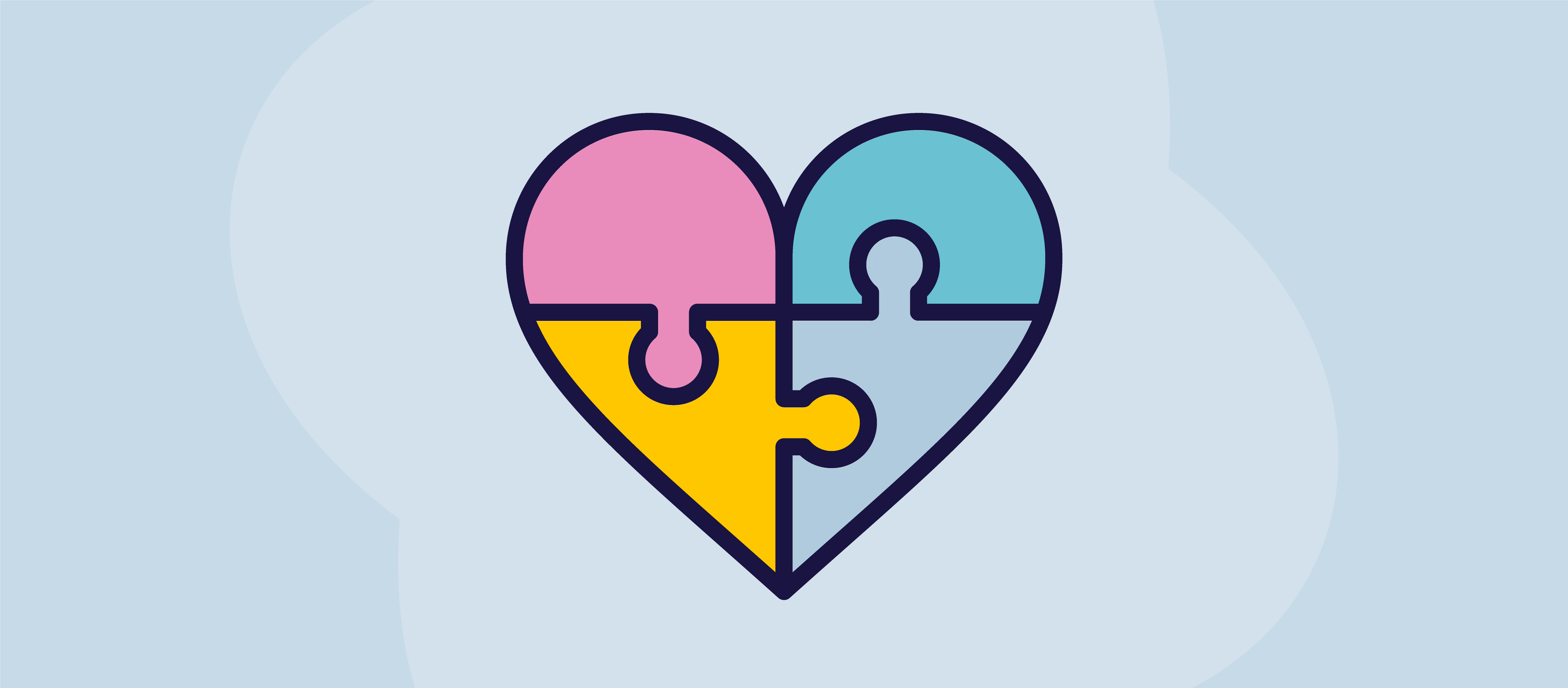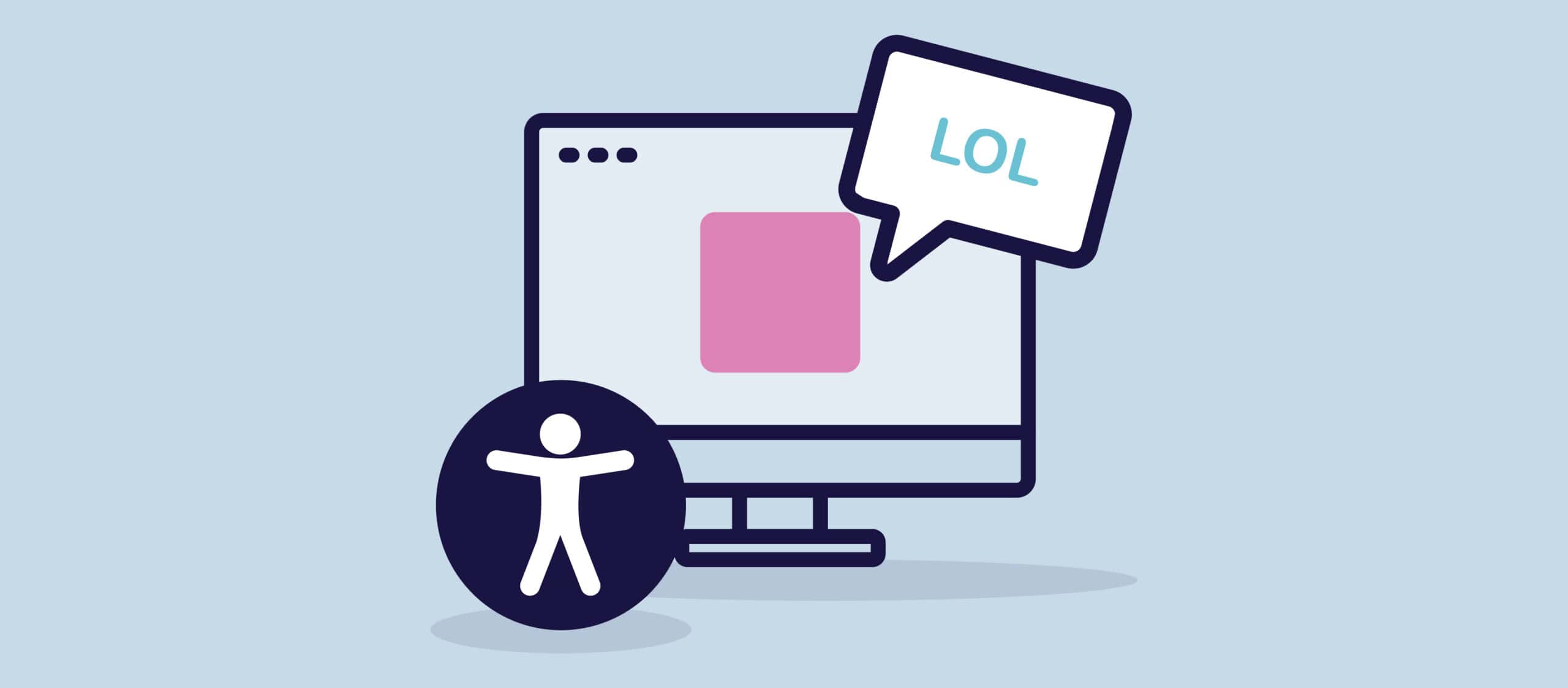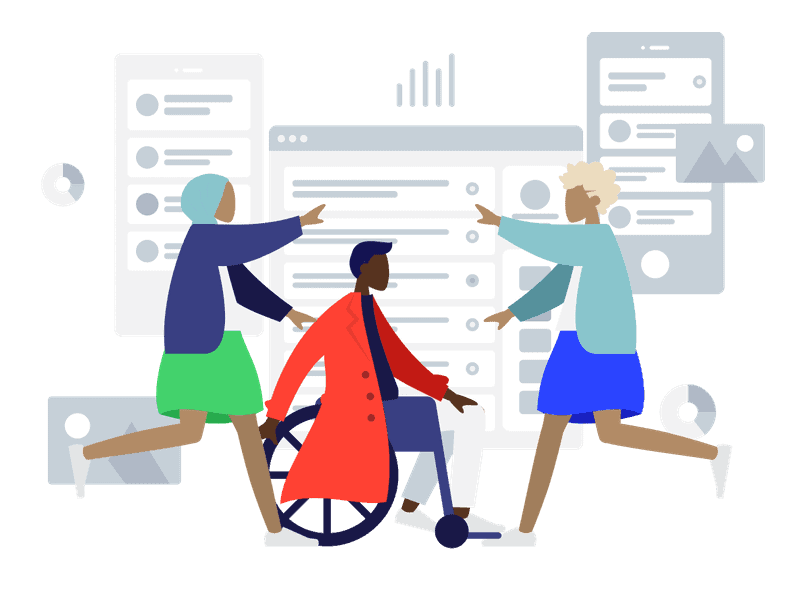Introduction: What is autism?
Autism is a neurological condition that affects the way a person interacts with the world around them.
Also referred to as ASD (Autism Spectrum Disorder) or “being on the spectrum”. Living with autism can be challenging, as individuals are often overstimulated and exhausted by their surroundings; a barrage of loud noises, bright lights, and overpowering smells can quickly trigger a sensory overload. This heightened level of sensitivity can make even the most mundane daily tasks feel like a Herculean feat.
Without a proper diagnosis, many individuals with autism struggle to understand why they feel different and may find it challenging to access the resources and support they need. That is why I wanted to share my personal story about growing up undiagnosed – from the ups and downs to how I finally learned to accept and embrace who I am. In the hopes that it will help anyone with similar struggles to seek out help because the earlier autism is diagnosed, the better the outcomes tend to be. With the right support, individuals with autism can learn valuable coping mechanisms and a better understanding of symptoms that can help them throughout their lives.
In the Beginning
Growing up with undiagnosed autism was a challenge that I didn’t even know I was facing…
As I grew older, it became apparent that I had a different way of perceiving my surrounding compared to my peers. I had enough self-awareness to notice the differences but lacked the transparency to see them other than as a problem to fix. My self-awareness of these differences was more damaging than I could have ever imagined. I found myself creating a personality and identity similar to my peers, but it only left me feeling isolated and confused.
Social Bias and Masking
Like most other women growing up with undiagnosed autism, my symptoms were deemed behaviour problems and not symptoms that needed to be treated or supported. It wasn’t known as a spectrum of symptoms or co-occurring conditions. There were no mild symptoms. The children who would have had severe enough symptoms to be diagnosed were males or non-verbal females. Autism wasn’t an easily talked about subject, nonetheless, without the mention of derogatory terms from children and adults alike.
Growing Pains
My difficulty with picking up on subtle cues such as body language or tone of voice led to misunderstandings and social hurdles. Additionally, my facial expressions and body language would often fail to convey my feelings accurately, leaving others confused about my intentions or emotions. As a result, my academic performance suffered, and I struggled to keep up with my peers in terms of grades and class participation. The older I grew, the more severe my symptoms and co-conditions grew. It wasn’t until I was an adult that I sought answers for the difficulties I had been experiencing for years. Seeking answers and support was the first step in my journey toward understanding and accepting my neurodivergent identity.
Adulthood: The Road to Diagnosis and Acceptance
As an adult, I was diagnosed with social anxiety. It provided me with a brief feeling of relief as it explained my surface-level symptoms. However, as I learned more about anxiety, I couldn’t help but wonder where it was all coming from. I constantly questioned myself and my healthcare providers, trying to figure out if there was a deeper reason for my anxiety.
Finding an Answer
At first, I didn’t even know what to look for, but I knew that something was different about me. I reached out to friends and family and did some research. Eventually, I found people opening up about their struggles and experiences online and recognized myself in many of the common traits and behaviours associated with the conditions that they were talking about. When I finally received a professional diagnosis, it did not take long before I got the diagnosis of Asperger’s. Having a name for what I was experiencing helped me understand that I wasn’t alone and that there were resources and support available to me.
Understanding and Embracing a Diagnosis
At first, it was overwhelming to come to terms with my diagnosis. It was hard not to feel like I hadn’t been left behind or that my experiences were somehow less valid because I hadn’t had a diagnosis earlier. But over time, I came to realize that my diagnosis explained so much about my past struggles and provided a path forward for embracing my neurodivergent identity. Accepting my diagnosis allowed me to focus on finding strategies to help manage my challenges and celebrate my unique strengths. While my diagnosis helped me better understand myself, it didn’t eliminate the challenges I faced.
Overcoming Stigma and Embracing Neurodiversity
One of the biggest challenges I faced accepting my diagnosis was the misinformation and stigma that once surrounded autism. But as I have come to accept and embrace my neurodivergent identity, I’ve learned to break down those stigmas by educating others about what it means to be neurodivergent. I share my experiences with others every chance I get and encourage them to ask questions and learn more. By being open and honest, I’ve been able to help others recognize that being neurodivergent is a natural variation of the human experience, not something to fear or stigmatize.
Building a Support Network and Coping Mechanisms
Fortunately, I discovered that there were resources and support available to help me navigate the challenges of adulthood with autism. I developed coping strategies and routines that helped me better manage my symptoms. Joining support groups, connecting with other neurodivergent individuals, and seeking out employment opportunities that promote and encourage equity, have all been key to my success. I’ve found that building a support network of accepting peers and allies has been essential to my growth and development as a neurodivergent individual.
Conclusion
Finally, I celebrate my neurodiversity by advocating for the acceptance and inclusion of all individuals. I believe that everyone has unique strengths and weaknesses and that our differences should be celebrated, not stigmatized. By working to create a more inclusive society that values and embraces neurodiversity, we can create a world where everyone can thrive.
Growing up with undiagnosed autism or any other condition can be challenging, but it is important to remember that a diagnosis is just the beginning. With proper support, resources, and understanding, individuals with autism can thrive in all areas of life. Sharing personal stories like this one and advocating for acceptance can help break down stigma and build a more inclusive society for all. Whether you are on the autism spectrum yourself or know someone who is, it’s important to remember that our differences are what make us unique and valuable members of society. So let’s embrace diversity and celebrate all the wonderful things that make us who we are.



